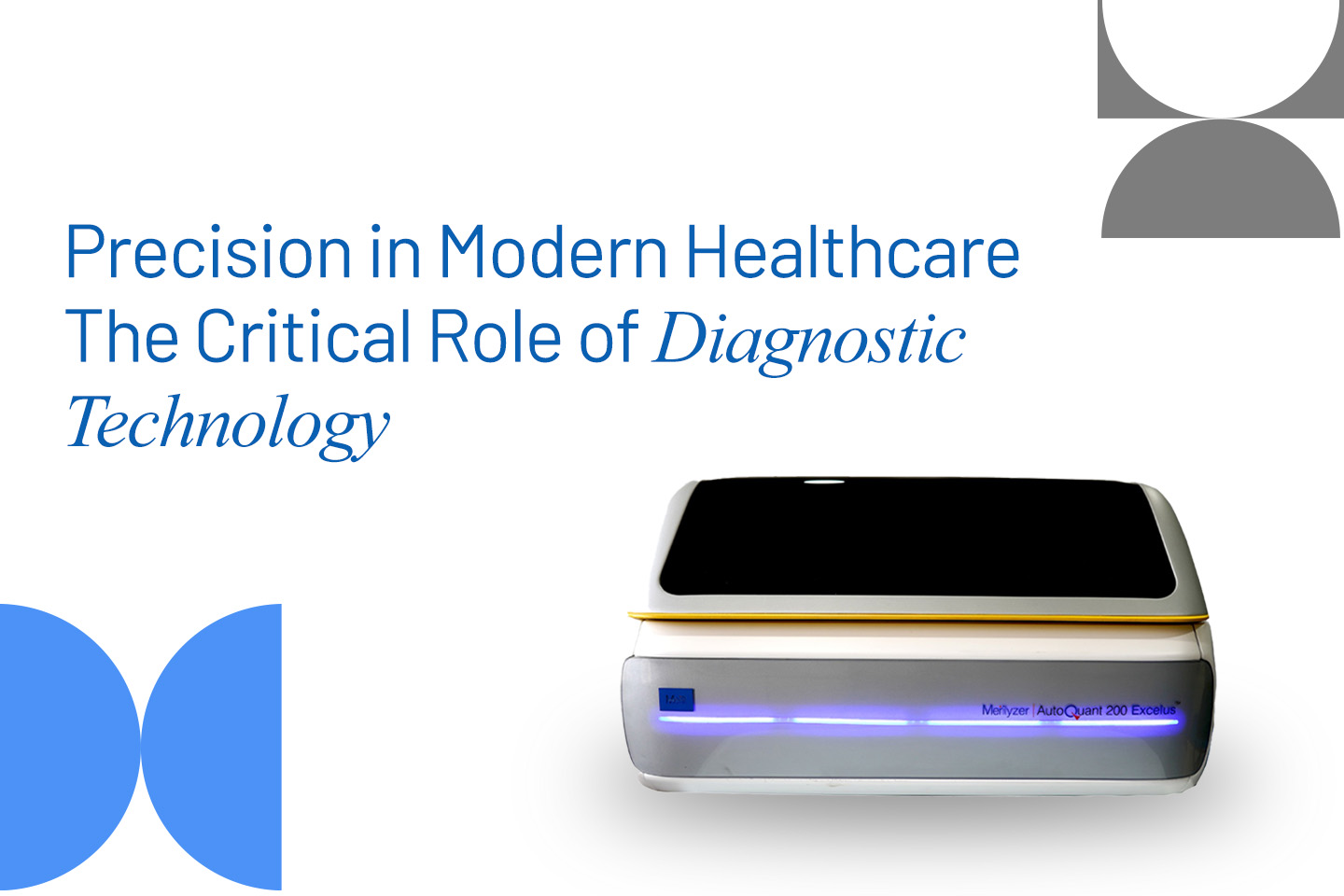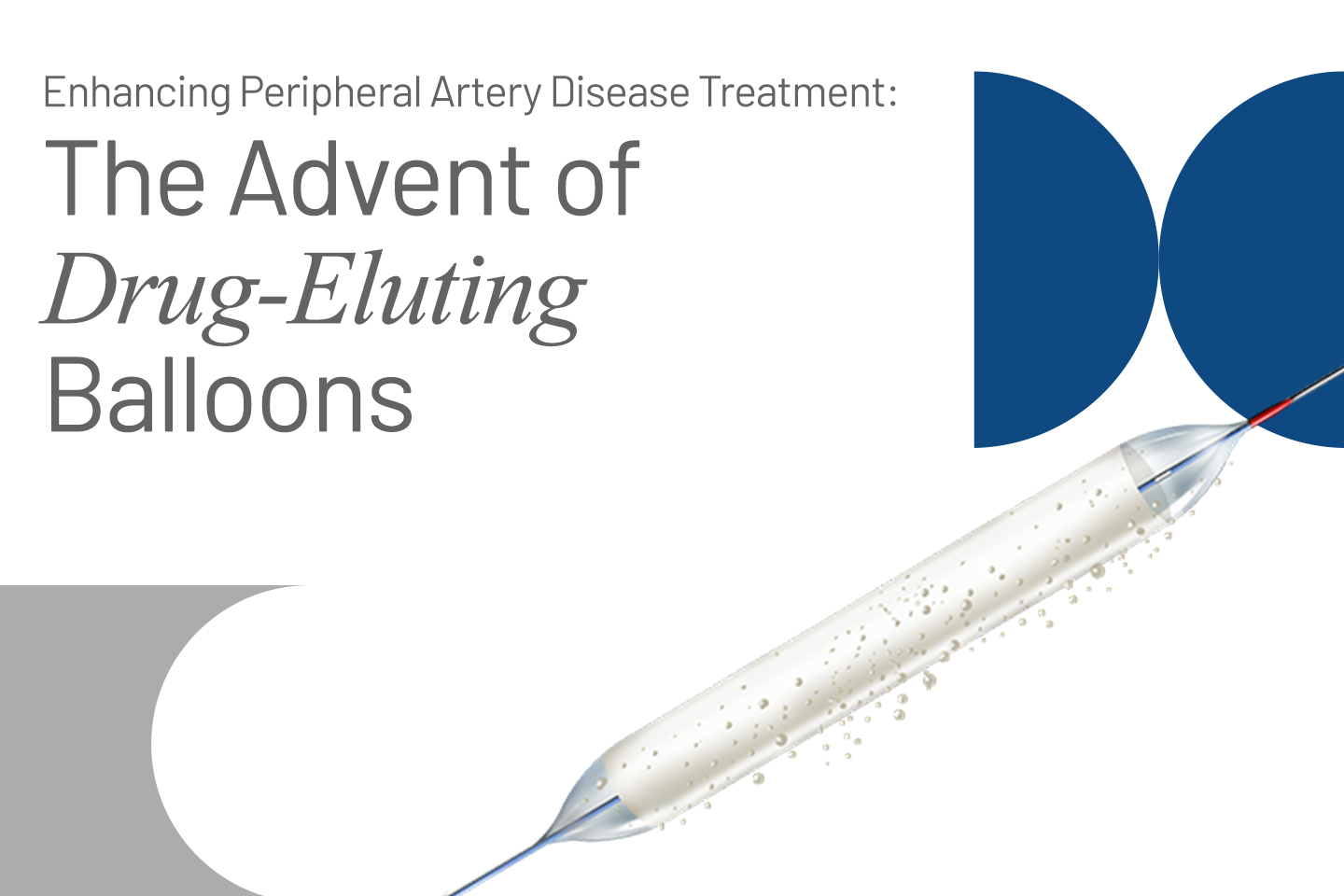In The News
COVID-19: The Global Pandemic

By now we all have heard about the Coronavirus or Covid19. The sad reality is that it is spreading quickly and will continue to spread for a while causing harm altogether to individuals, institutions, communities, governments and society at large.
Coronavirus are a virus group, belonging to betacoronavirus family responsible for causing a range of respiratory diseases, from common cold, influenza to more severe acute respiratory problem. Signs and symptoms of COVID 19 may emerge in 2 to 14 days in the patient after getting exposed to the virus like Fever, Coughing, Fatigue or Tiredness, Sore throat.
As the experts currently believe that the virus spreads through person-to-person contact and patients having the disease symptoms are the most common source of the spread of the disease. Also, evidence exists that infected patients not showing symptoms, can also spread the virus. This fact indicates that practicing self-isolation is indeed the best way to control the epidemic.
People who are already suffering from diabetes, Hypertension & heart disease have to take special care and precautions.
Diabetes patients are believed to be at added risk for getting COVID 19 infection and are at a greater death risk due to the disease. Also, the scenario gets further elevated in case of elderly patients, with patients aged >80 In general parlance, patients with diabetes, especially with uncontrolled or poorly controlled blood sugar levels are more prone of getting infected with any sort of infections including COVID 19, possibly due to the reduced immunity levels as a result of high blood sugar levels.
Precautions for diabetes patients
1) Maintain the recommended glucose control by strictly adhering to diet
2) have enough supplies related to your diabetes testing and medications, in case of an outbreak, for at least 15 days.
3) Practice frequent hand washing with soap and water
4) Stay vaccinated for each available infectious disease
5) Eat plenty of fruits and vegetables
6) Sleep for at least 8-9 hours to reduce stress and maintenance of immunity levels
7) Immediately contact your doctor if you develop any respiratory symptoms such as cold, cough, and difficulty in breathing or fever.
Patients suffering from heart diseases are especially vulnerable to respiratory tract infections, including COVID 19. However, the extent of damage in heart patients is currently uncertain patient
Precautions for Heart Patients
1) Maintain your recommended blood sugar and blood pressure levels.
2) Frequently monitor your blood sugar and BP levels to rapidly identify any irregularities and get appropriate treatment adjustments
3) Get enough supplies related to your co-morbid testing and medications, in case of an outbreak, for at least 15 days.
4) Practice good respiratory hygiene by covering your mouth and nose with a tissue or bent elbow, in case of coughing or sneezing
5) Avoid touching your face, nose and eyes.
The recent outbreak of COVID 19 is more vital for hypertensive patients. Present data confirms that hypertensive patients are at elevated risk of getting COVID 19. Also, such patients carry a higher risk of needing hospitalization, ventilation requirement and even death. The COVID 19 death rate in hypertensive patients is 8.4% vs. 0.9% in patients without any pre-existing condition.
People who suffer from hypertension need to follow the same precautionary measures as normal individuals to prevent getting the infection, apart from keeping their BP in check.
Hopefully, the Coronavirus passes soon and it has minimal impact on lives. For the time being, try not to socialize with others too much or go into crowded places. This is not a short term disruption; this could go on for many months and impact not only health of every human being but also all small – big companies and Global supply chain all around the world.
Let’s take pledge to fight against this threat by following a simple rule - “Stay Home, Stay Safe”.





